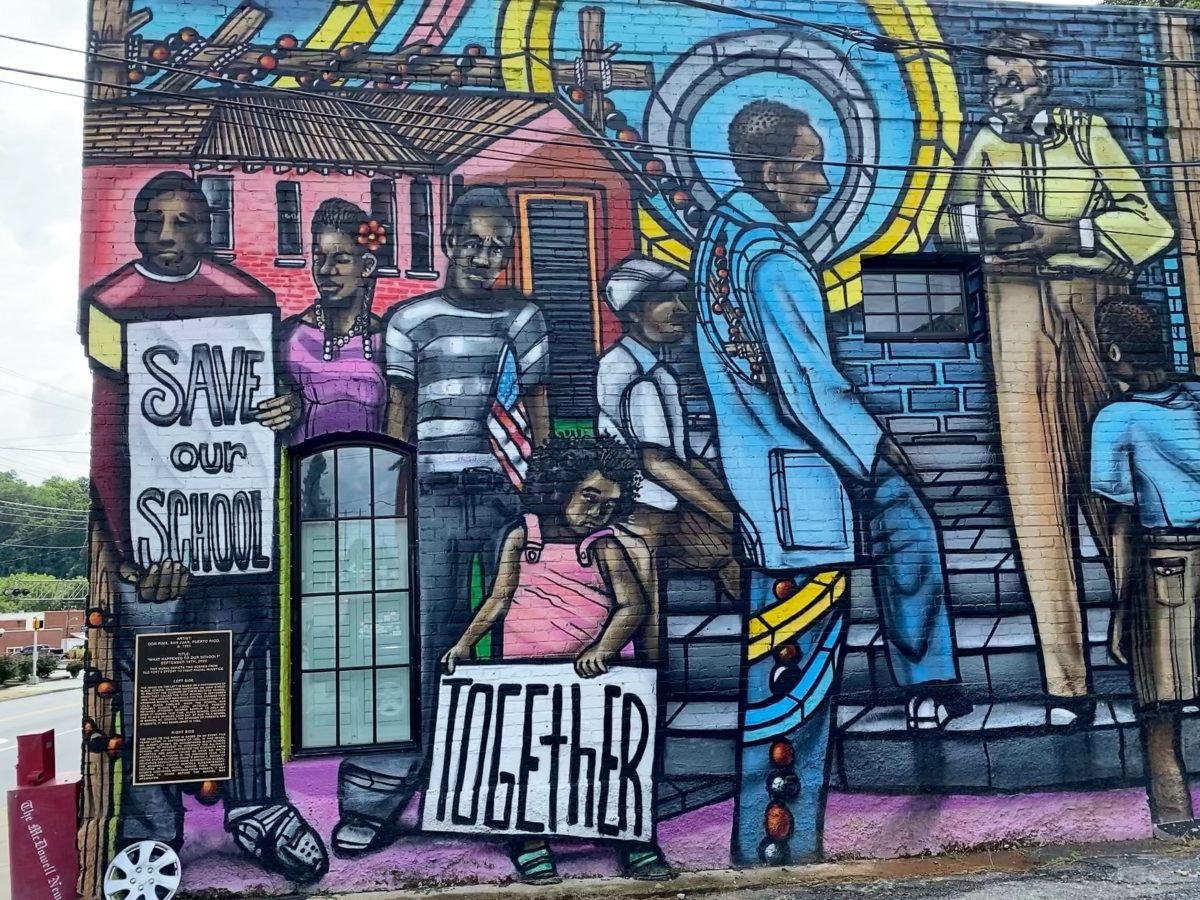

|
|
Public schools matter. They matter for our students. They matter for our state. They matter for our future.
In many of our rural counties, they are the largest employer and economic engine of the counties they serve. It’s not just the diverse workforce they employ from custodians to superintendents. It’s the purchasing power they invest locally. It’s their commercial kitchens and Friday Night Football.
They anchor our communities.
And regardless of school setting — traditional public, charter, private, or home-school — in any education system here or abroad, there are always some schools that are good, some that are not so good, some that are getting better, and some that are getting worse.
Those trajectories are influenced by a lot of factors, including the leader of the school, the experience and quality of the educators, whether the leader has the buy-in of parents and teachers, whether the leader has the support of the district, the demographics of the students served, the adequacy of resources to support the instructional process, and on and on.
That’s true for any system of businesses.
Within that dynamic, public schools offer an abundance of choice for students and parents: year round, charter, language immersion, single sex, early college, career academies, virtual academies, alternative schools, lab schools, many magnet options, newcomer schools, and more.
And they provide an abundance of support for students, including counselors, nurses, support for the developmentally disabled, support for the hearing and visually challenged, nutrition, and more.
When people talk about low-performing students, we remind them that our public schools serve all students, and they support the whole child.
When people talk about low-performing schools, we talk about schools that need support.
Investing in our educators
As we travel, we assess the workforce pipeline in our school districts, tracking whether they are healthy, adequate, or stressed.
And when we say workforce pipeline, we mean the pipeline for superintendents, principals, and educators.
Our supers are the CEOs of our district and are key leaders in their communities, even serving as chairs of their chambers of commerce, for instance.
Our principals, especially our elementary principals, often have the closest and longest relationship with parents of any community leader, including pastors.
When we talk about the challenges to the educator pipeline, we look broader than just numbers. We have to have enough high-quality educators in all 115 school districts for all the subjects and grades taught in our public schools year in and year out.
The challenge includes both recruitment and retention.
How to attract and retain educators at this moment when public education feels more and more polarized and politicized creates additional stress on the pipeline.
To have a healthy pipeline in all 115 districts, educators across North Carolina need to be able to earn a family-sustaining living wage.
In every school I visit, I meet educators who aren’t making enough money to support their families. They do it because they love the students they serve. They do it because this job is their calling. They do it because they believe in the school leaders they serve and the culture of their school families.
Recently, at a summit of state leaders, when I asked how we should thank our educators, the answer resoundingly was pay.
South Carolina, Tennessee, and Arkansas all passed historic teacher raises in their most recent budgets.
Investing in our public schools
It takes 18 years to educate a child and prepare our students to be college or career ready.
For two years in a row, North Carolina has been designated No. 1 in business because of our, and I quote, “world-class workforce.”
That ranking is an indicator that lags the 18 years of investment it takes to get to the well-trained, dedicated, diverse workforce that attracts business to our state.
Funding for our schools is tethered to the number of students served, and school districts, like businesses, have a limited number of ways to smooth the adequacy of state support — they have fund balances that operate like savings accounts; they have other sources of income like local and federal support; they have foundations that can leverage philanthropic support.
But state support matters even more right now as districts face the end of COVID-19 relief dollars and the expansion of school choice, which will impact the number of students served by the districts and thus their state funding. Both of these will happen in 2024.
That is even more cause for worry because stabilization funding for early child care is also ending in 2024. EdNC is now tracking closures of child care month to month. We are also visiting five states — red and blue — to think about how others places have galvanized support and funding for the first and most critical 2,000 days of life.
The state appropriation for the N.C. Department of Public Instruction is $11.5 billion. That’s a big number. And the state’s share of the cost of education in North Carolina is higher than many other states.
But that doesn’t answer the question of is it enough money, and is it enough money for the right things when 26.4% of traditional public schools and 27.6% of charter schools are in need of support to serve their students better?
Public schools matter
Public schools matter for our students.
Public schools matter for the communities whose economies they drive by providing care for the children of our current workforce and by educating and training our workforce of the future.
Public schools matter for the businesses we like to attract who rely on our world-class workforce.
Public schools need and deserve North Carolina’s support. They need and deserve your support.
In Texas, rural conservative communities were loud for public schools because public schools are the heartbeat of their communities.
This year and in the years to come, express your gratitude for public schools by encouraging our state to support our educators and our schools.



